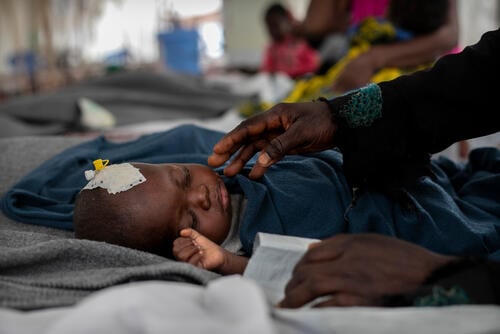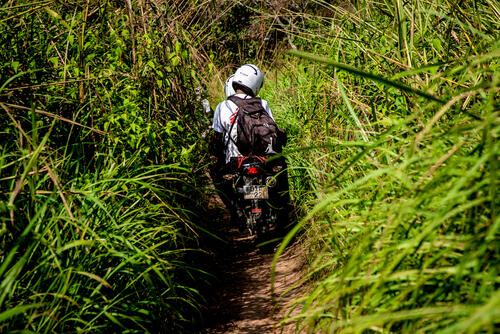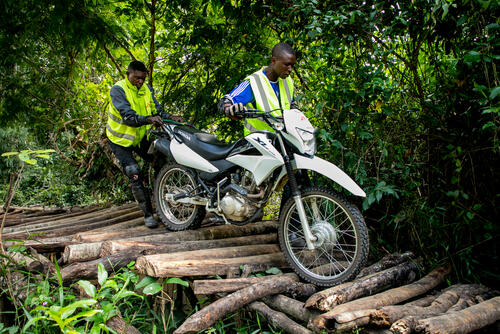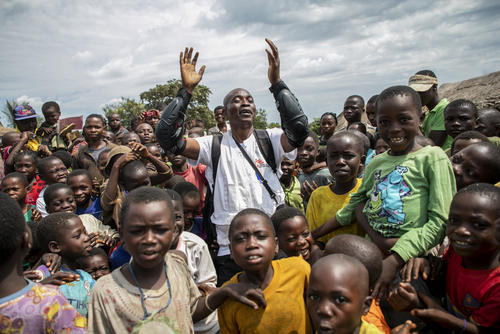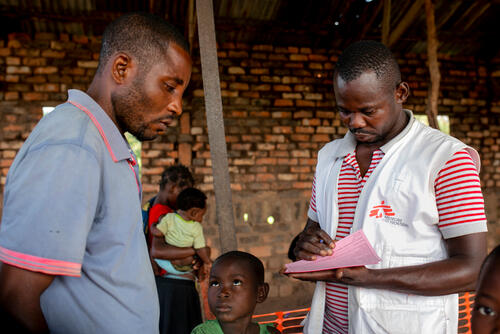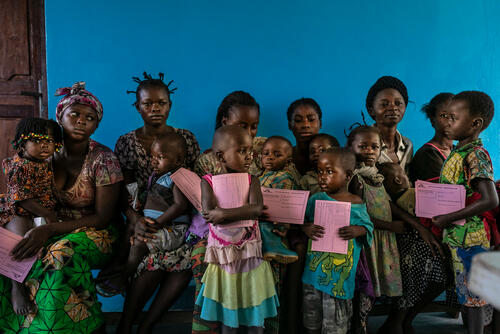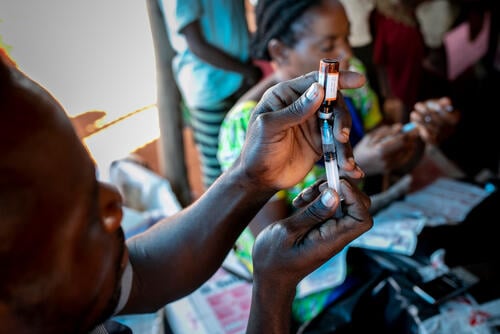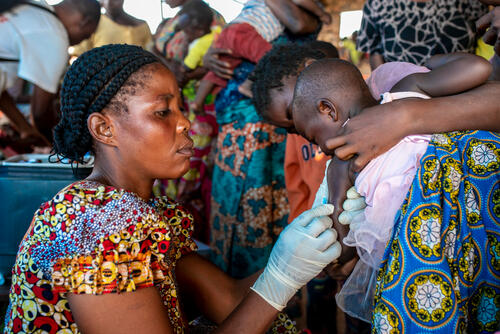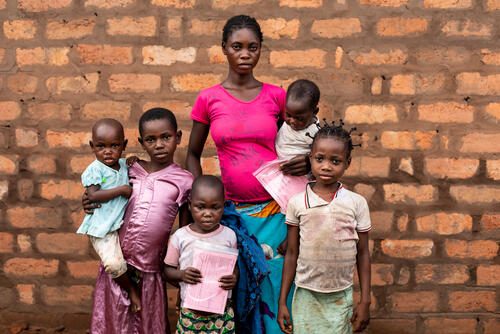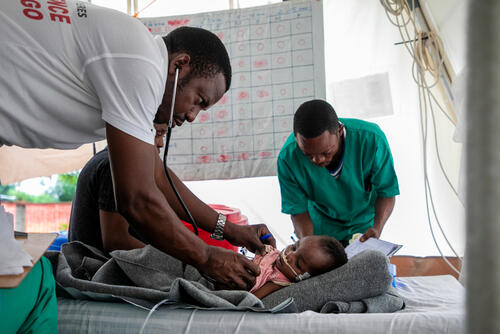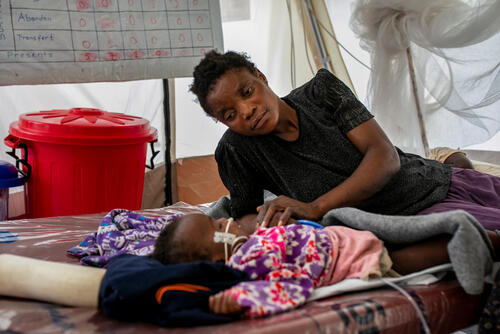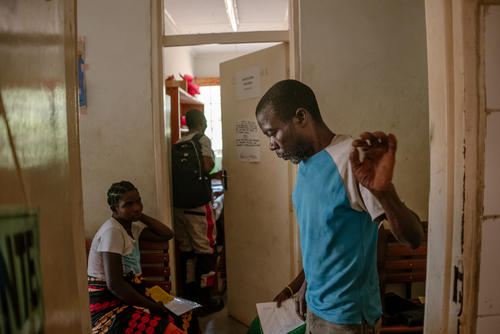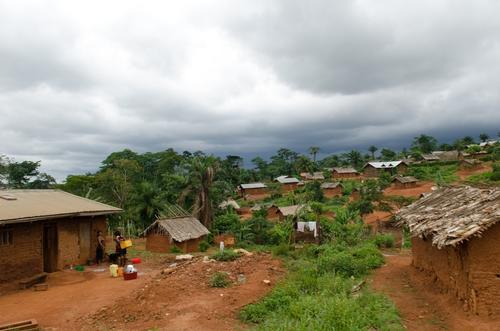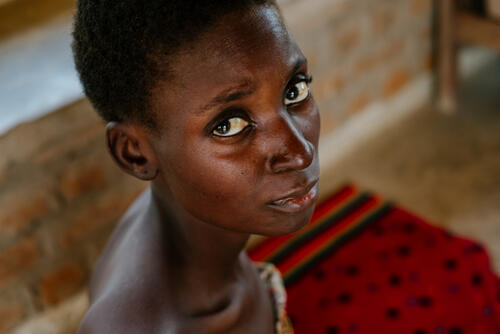- New measles outbreak in DRC is anticipated to be the worst the country has seen since 2012
- MSF urges national and international organisations to immediately coordinate to help curb the spread, including vaccination
- Vaccines and supplies to help with the outbreak response must be urgently secured
Kinshasa – Médecins Sans Frontières (MSF) has called for a massive mobilisation of national and international organisations to help combat a measles epidemic in the Democratic Republic of Congo (DRC), after the Ministry of Health declared an outbreak of the disease. Resources are urgently needed to vaccinate more children and treat patients affected by the disease.
Measles is a highly contagious viral disease for which no treatment exists. The only way to prevent the spread of measles is through vaccination.
Since the beginning of 2019, MSF teams in DRC have:
361,079
361,079
14,785
14,785
The measles epidemic in DRC is likely to be the deadliest since the disease made a strong resurgence in the country in 2011-2012. In the first five months of 2019, more than 1,500 measles-related deaths were officially recorded, accounting for nearly 75 per cent of the total number of deaths recorded throughout 2012 during the deadliest epidemic of the last decade.
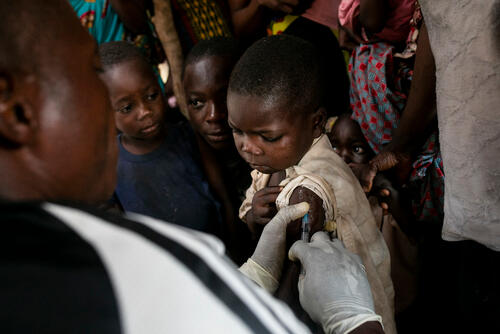
“MSF teams, in collaboration with the teams of the Ministry of Health, are doing their utmost to cut the chain of transmission of the disease by providing vaccination responses as soon as cases of measles are reported, and by providing care for patients,” says Rachel Séguin, MSF Medical Coordinator in DRC. “But in addition to the efforts already made in recent months, more resources and organisations are needed. Ensuring the supply of vaccines and medicines is essential – the sooner the better.”
Measles has caused so much damage in my village… there were deaths in almost every house. Some families have lost two, three or even four children.Albertine, a resident of Kamwesha health zone, Kasaï province
Since the beginning of 2019, MSF has been fighting the measles epidemic alongside local teams of the Ministry of Health in 10 provinces of the country: Haut-Lomami, Haut-Uele, Ituri, Lualaba, Kasai, Kasai Central, North Kivu, South Kivu, Tanganyika and Tshopo.
Given the scale of the epidemic, we are strengthening our control capabilities and deploying teams to new health zones to combat the spread of the highly infectious disease.
“Measles has caused so much damage in my village,” says Albertine, a resident of the health zone of Kamwesha where MSF launched an emergency response in Kasaï province in May. “There were deaths in almost every house. Some families have lost two, three or even four children.”
Measles mainly affects children. In DRC, several factors explain the disease’s recurrence including: low immunisation coverage; irregular supply - or even stock-outs - of vaccines; a weakened surveillance system; limited logistical means that undermine the cold chain needed for vaccines; armed conflicts and displacement that paralyze the health system of some areas; and financial or geographical barriers limiting or even preventing patients’ access to health facilities.
More resources and organisations are needed. Ensuring the supply of vaccines and medicines is essential – the sooner the better.Rachel Séguin, MSF Medical Coordinator in DRC
“The factors leading to the resurgence of measles are numerous, but given the recurrence of the disease, it is vital that a stable vaccine supply system is maintained in the country,” says Dr. Ousmane Moussa, MSF Head of Mission in the DRC. “Several programmes are planned to increase immunisation coverage later in the year. But in the immediate future it is urgent to contain the impact of the epidemic to save a maximum number of lives by ensuring the vaccination of children and provision of care, free of charge, to affected patients. Targeted and flexible strategies must be adapted to the evolution of the epidemic in each health zone.”
MSF has been present in the Democratic Republic of Congo (DRC) since 1977. The organisation has several emergency response teams across the country to respond to health and humanitarian emergencies (epidemics, pandemics, population displacement, natural disasters, etc.). These teams provide epidemiological surveillance and when necessary provide emergency-response medical actions aimed at limiting morbidity and mortality.



